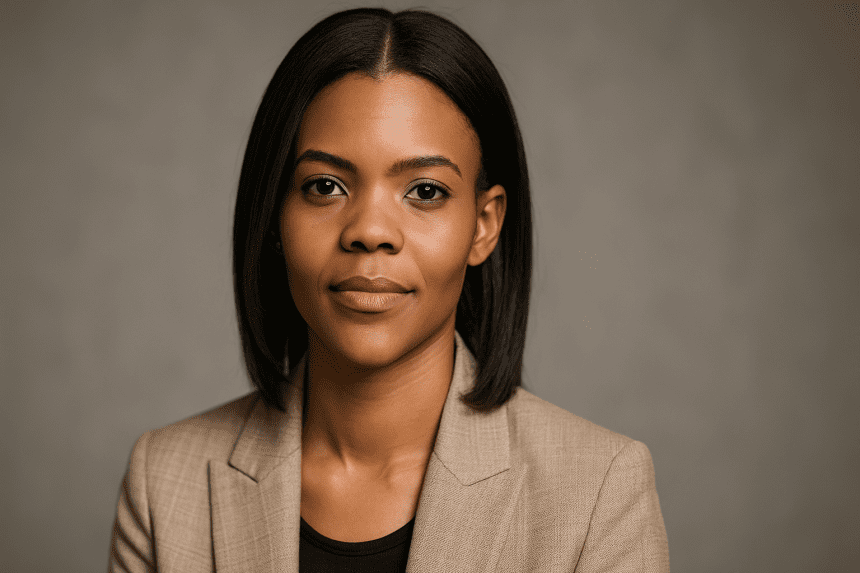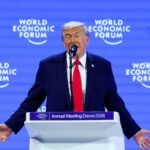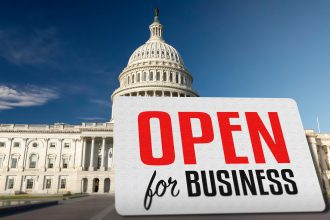Today, Wednesday 15 October 2025, the Australian High Court gave a clean, unanimous answer to a noisy argument Tony Burke’s October 2024 refusal to grant Candace Owens a visa was lawful. That ends the tour, the uncertainty, and the case. More than that, it underlines a basic point about how Australia balances speech and safety at the border. If officials reasonably judge that a high profile visitor is likely to inflame division in ways that hurt the community, they can say no and the courts will back them when the law allows it.
Owens tried two paths in court and lost on both. She said the decision wrongly burdened Australia’s implied freedom of political communication. She also said the minister misread his powers. The justices stuck to the constitutional script. The implied freedom is a structural limit on government, not a personal right to a platform or to enter the country. And even if a decision does burden political talk, it can still be justified when it serves a proper goal, like protecting the community from harm. As for the statute, the Court said Burke applied it correctly. It’s not flashy, but it’s decisive.
Why did Burke refuse in the first place? He leaned on the Migration Act’s character provisions. In short huge reach, troubling statements, real world risk. He pointed to past comments that minimized or denied parts of Nazi atrocities and to remarks about Muslims. That pattern, he said, showed the capacity to spark conflict “in almost every direction.” He also flagged that the Christchurch terrorist once named Owens as his biggest influence. None of that is comfortable to read. It’s meant to be uncomfortable. And under the Act, it tipped the scale toward refusal.
The tour itself was ready to go five cities in November 2024, from Sydney to Brisbane with talks on free speech and Christian faith. The refusal canceled it. Today’s ruling doesn’t just confirm that outcome; it closes the legal back door. There’s no tour to resurrect.
So, what’s actually clearer tonight than it was this morning? Three things. First, the implied freedom constrains the state but doesn’t give any one person a special pass to speak in Australia or to cross the border. Second, even when political discussion is part of the mix, the law can justify limits where the purpose is legitimate like preventing serious harm to social cohesion. Third, the minister’s reading of the statute held up under the High Court’s microscope. You can disagree with the policy call, but the legal footing is solid. And that’s how most outlets framed it: a headline clash between free speech and visa powers where the law, this time, stayed with the government.
There’s still a human tension here. Democracies thrive on rough and tumble debate, and Australia’s no exception. But when speech slides toward denial, slur, or inspiration for violence, the costs aren’t theoretical. They land on people who already carry more risk. The Court didn’t try to solve that argument courts rarely do. It set limits and left the rest to politics and the public. For now, the message is plain Australia can keep out a speaker “if the risk of harmful division is real and the law’s criteria are met”. That’s where the High Court left it today, and that’s where the country will take the discussion next.






















